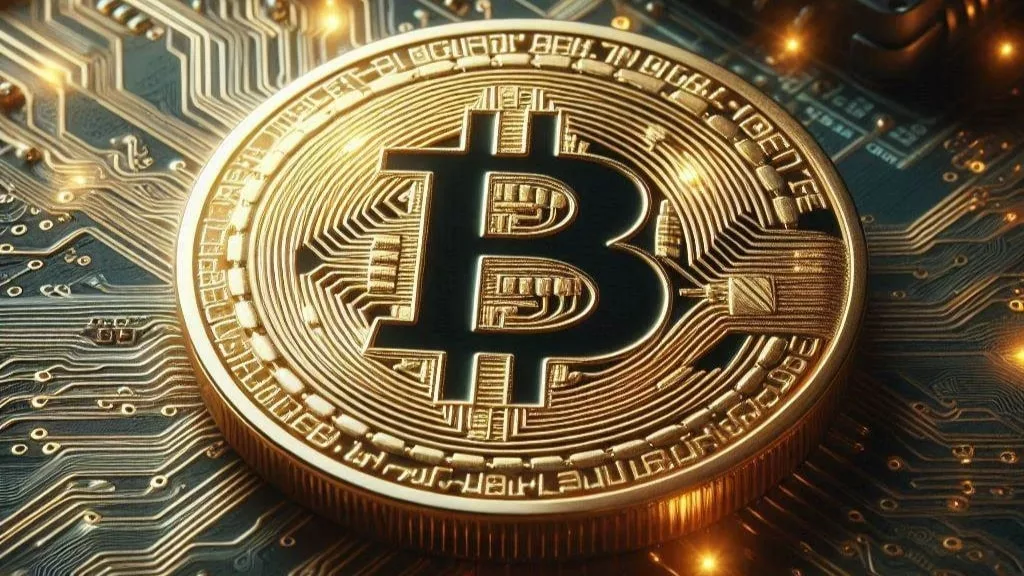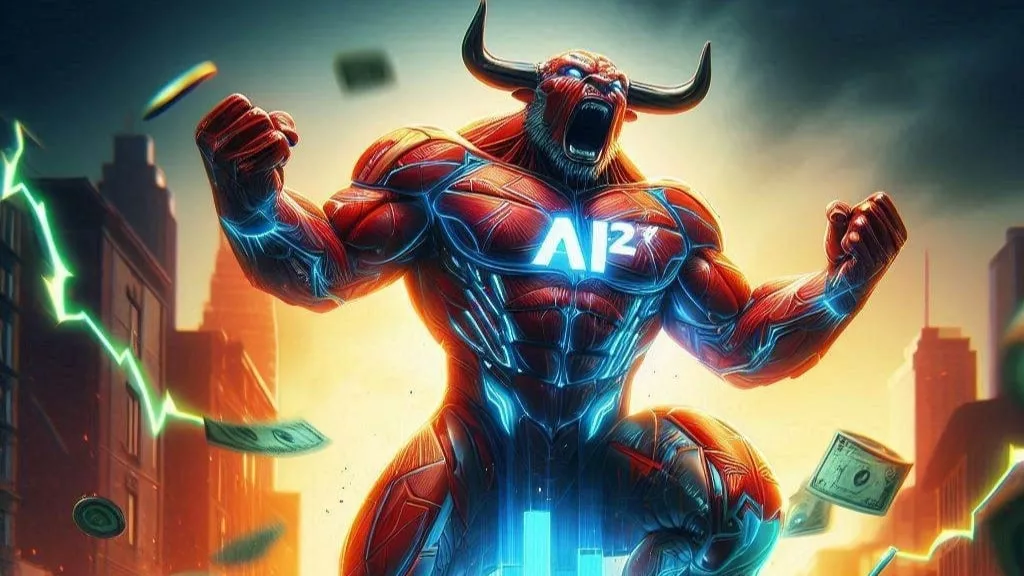
Michael Saylor, executive chairman of Strategy (formerly MicroStrategy), recently shared an intriguing idea in a Coindesk interview that could change how we think about Bitcoin’s future. Saylor, a prominent Bitcoin advocate, proposed a concept inspired by Bitcoin’s mysterious creator, Satoshi Nakamoto. His idea centers on “burning” private keys to lock Bitcoin permanently, creating a lasting impact on the network while promoting what he describes as “economic immortality.”
Saylor has long been a vocal supporter of Bitcoin, seeing it as more than just a digital asset. In his view, Bitcoin represents a broader ideology of “sovereignty, sound money, freedom, and property rights.” He argues that Bitcoin’s protocol is uniquely designed to preserve value indefinitely, allowing both capital and ideas to live forever.
The concept of “economic immortality” hinges on Bitcoin’s decentralized nature, where value is preserved and transferred without relying on centralized systems. Saylor believes that Bitcoin’s structure makes it possible to fund long-term initiatives—like artificial intelligence (AI) or conservation projects—without the risk of traditional philanthropic channels losing the original intent over time.
“If you leave your money to a charity a hundred years after you’re dead, they’ll spend it on something you wouldn’t want,” Saylor said during the interview, contrasting the longevity of Bitcoin with the uncertain future of centralized charities. This is where his idea of “decentralized charity” comes into play.
Saylor’s proposal involves permanently locking away Bitcoin by burning the private keys that grant access to the coins. In practical terms, this means rendering the Bitcoin unspendable by destroying the private keys, thereby removing it from circulation. The result is an increase in the proportional value of the remaining Bitcoin in circulation, as fewer coins would be available to the market.
By burning private keys, Saylor argues that individuals can make a lasting contribution to the Bitcoin network, benefiting everyone who holds the digital asset. “If you burn the key, you will have made an economic contribution pro rata to everyone else in the Bitcoin network forever,” he explained.
This idea not only resonates with Bitcoin’s fundamental principles but also echoes the approach taken by Satoshi Nakamoto, whose own stash of over 1 million BTC has remained untouched since Bitcoin’s creation. Saylor sees this as an ethical way to give back to the network, furthering the idea of economic immortality for both individuals and the Bitcoin ecosystem.
Saylor’s remarks are not just about Bitcoin’s technical aspects but about creating a long-term, ethical legacy. In his eyes, burning private keys serves as a way to contribute to the Bitcoin network’s permanence and success, allowing every participant to benefit from the act. He sees this as a decentralized and more meaningful alternative to traditional charitable donations, which often lose their original purpose as time passes.
When asked directly whether he would burn all of his Bitcoin, Saylor remained cryptic. “I think that I’ve just answered the question… in the most responsible way that anybody would ever answer the question,” he said, suggesting that while he hasn’t made a final decision, his idea of key burning reflects his broader philosophy about Bitcoin’s potential as a force for good.
While Michael Saylor’s proposal to burn private keys may sound unconventional, it highlights his belief in Bitcoin’s power to transcend traditional financial systems. It aligns with his vision of Bitcoin as a tool for creating lasting impact—whether in preserving wealth or supporting long-term initiatives. Whether or not Saylor follows through with this idea remains to be seen, but it serves as a reminder of the unique qualities that make Bitcoin not just a digital currency, but a tool for building legacies that can last forever.



Get the latest Crypto & Blockchain News in your inbox.